
By Our Reporter
Nepal's overland trade with China should be in full swing from May to September. But out of 14 official crossings, only Tatopani is open. Rasuwagadhi, the second international crossing, has been shut for weeks due to floods and landslides. The other crossings are not shut due to any act of nature but because Kathmandu has been slow to act on the diplomatic front. The tardiness has harmed Nepalis, traders and border people especially, at the peak of the festive season.
It is worthwhile to note that Nepali business community, who relies on the export and import from northern borders have urged the government of China and Nepal to work towards opening more border points to facilitate trade.
Such passive diplomacy has resulted in little benefit from the much-hyped transit agreement with China. Customs facilities for exports also remain unutilized. Land routes are far more important for Nepal's exports than for its imports. Over 80 percent of total exports to China pass through northern border crossings, while only about 34 percent of imports pass through the same routes. Most imports, except perishables, arrive through Kolkata port. This pattern explains why importers are silent while exporters, weak and fragmented, are unable to make their voices heard.
Small traders along the border are the worst hit. They carry herbs, bamboo products, thangka paintings, carpets, and yak products, and return with daily essentials for their families. For them, the closure of traditional border points is not an issue of trade, but survival. But with their limited political clout in Kathmandu, their plight barely registers in Singha Durbar.
Tatopani and Rasuwagadhi are significant at the national level but smaller crossings are vital to local livelihood. To ignore them is to risk more than just economic expense. Already, people compare their static villages to the seeming prosperity on the Tibetan side. Ignore it now and people will be bitter and migration will be accelerated, undermining Nepal's presence in the border regions. These individuals are not only traders, they are also the nation's first line of border defense.
China has constructed lengthy roads and trading infrastructure to all 14 crossings, showing eagerness to trade. However, it has also increased controls, referencing political and security grounds. Beijing is concerned Nepal's open border with India and new northern road links could be used by Tibetan separatists, and a strong security presence is required. That means enormous costs, and without an assurance from Nepal to guard its side, China has minimal incentive to open trade access in a rush. Building good security mechanisms and backing exporters with substance can bring forth Beijing's positive reciprocation. Without such preparation, northern trade will remain limited to agreements on paper while border communities bear the brunt of Kathmandu's inaction.







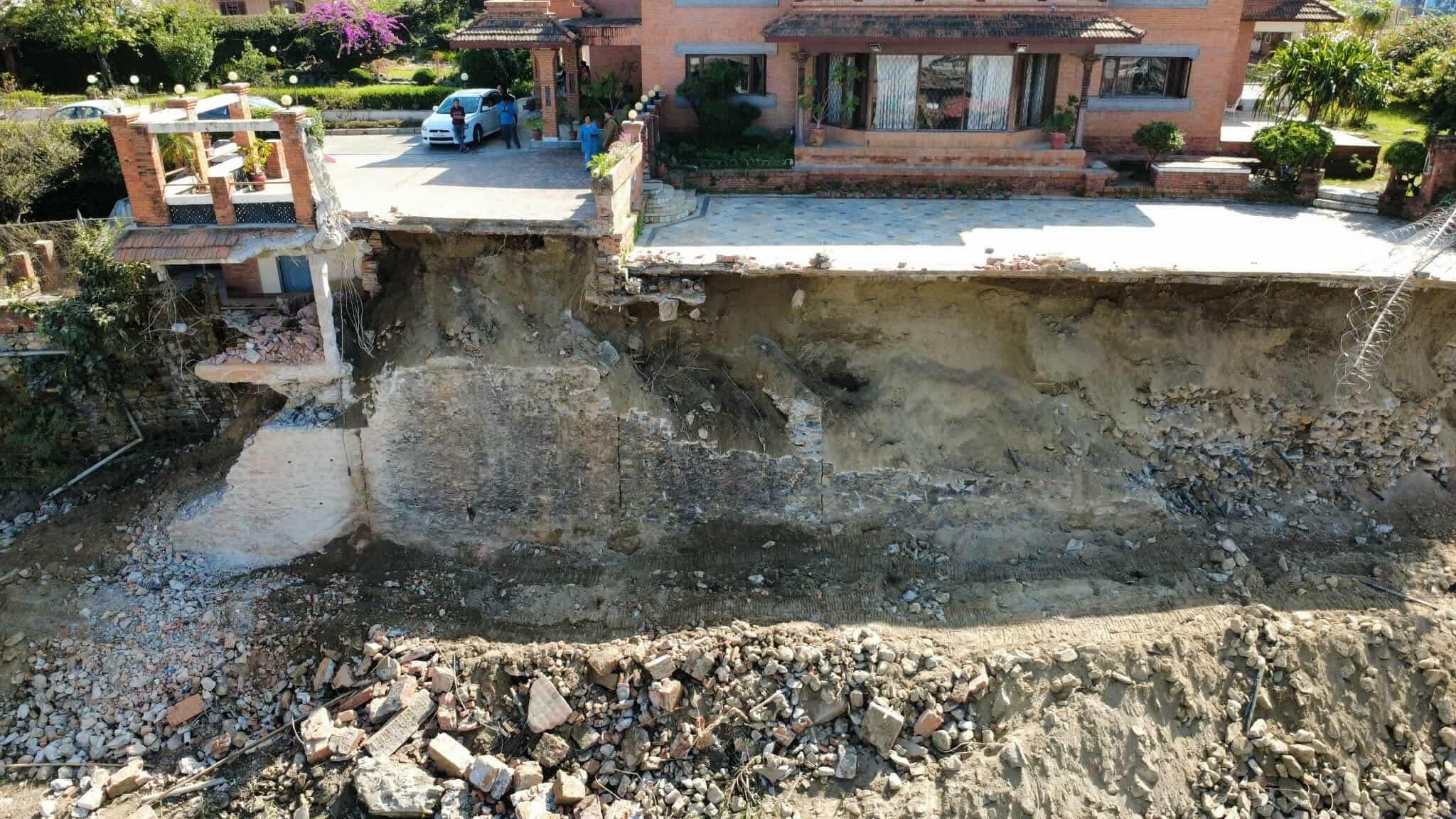
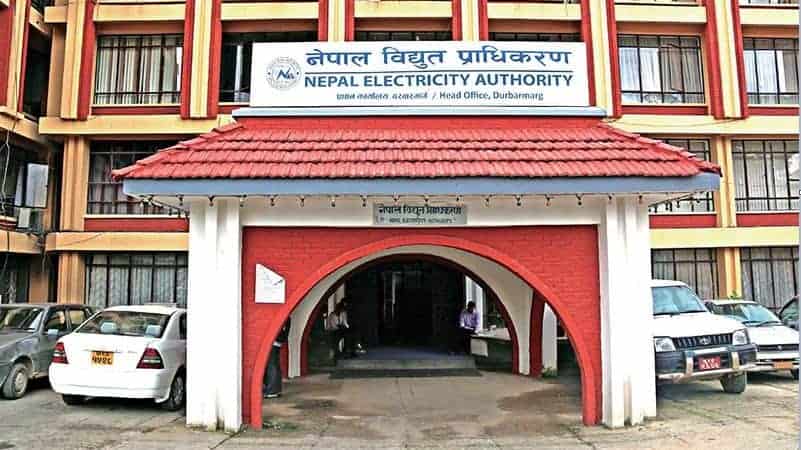
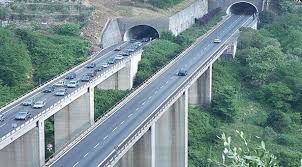
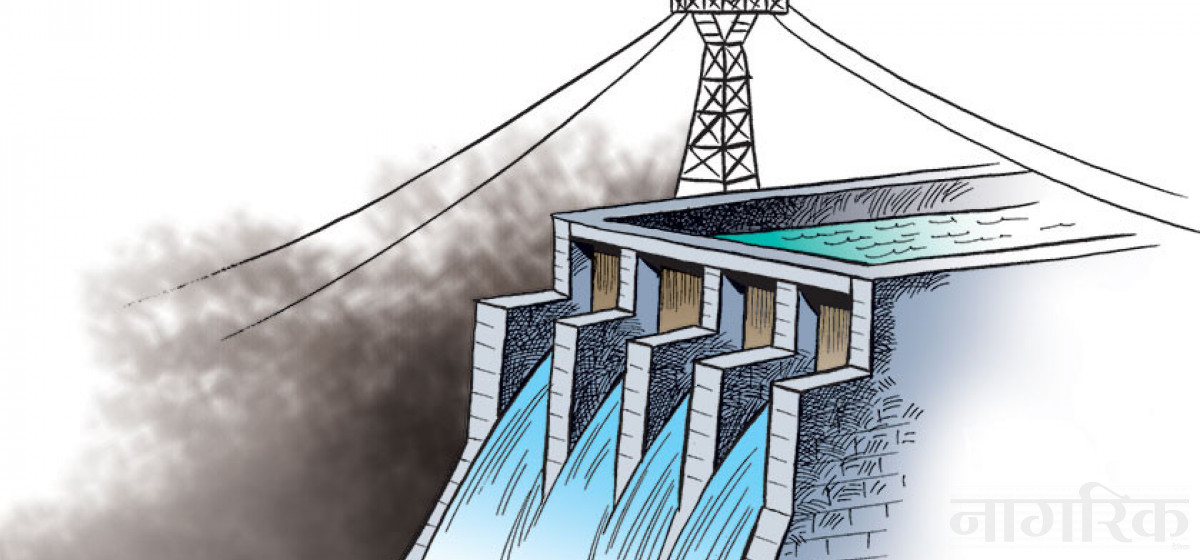
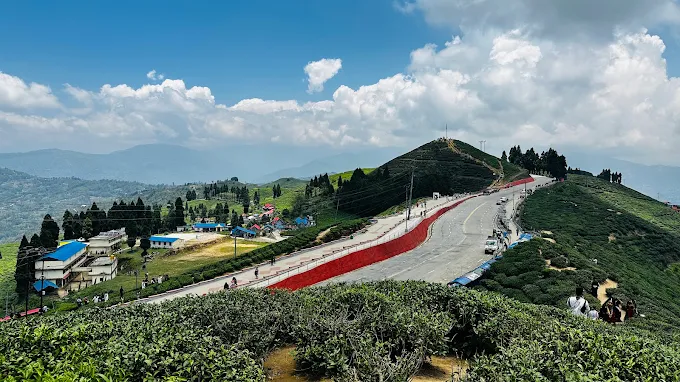
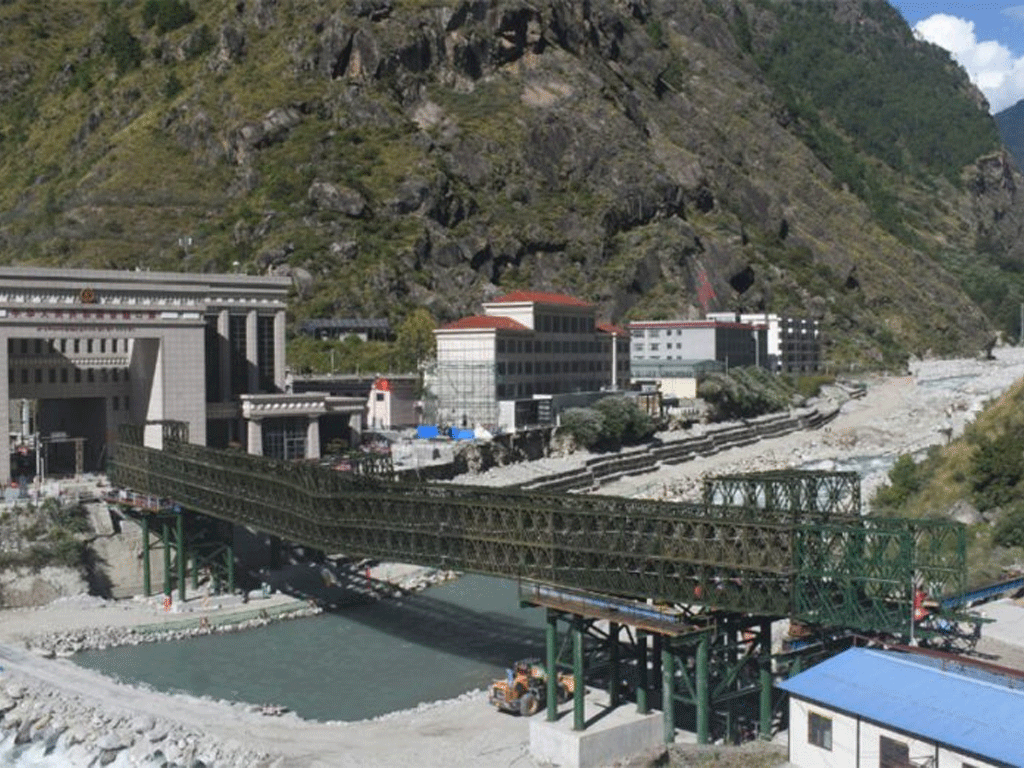
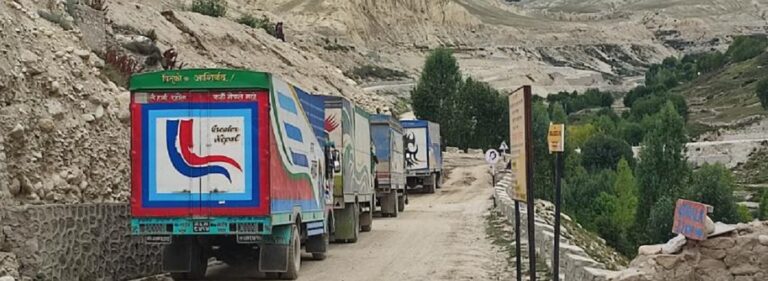

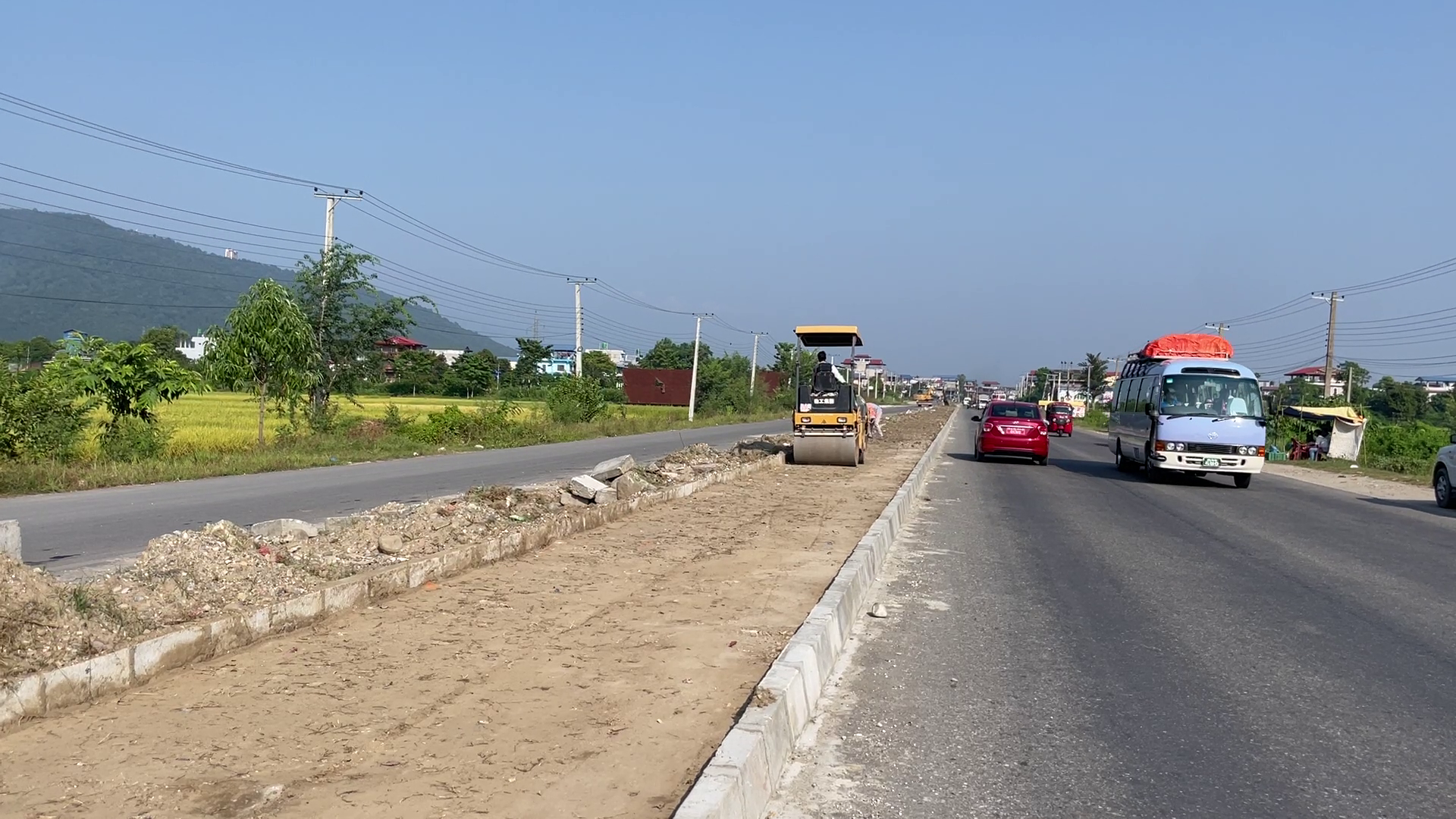
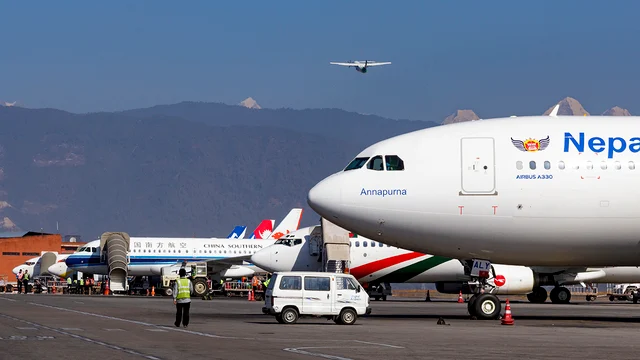

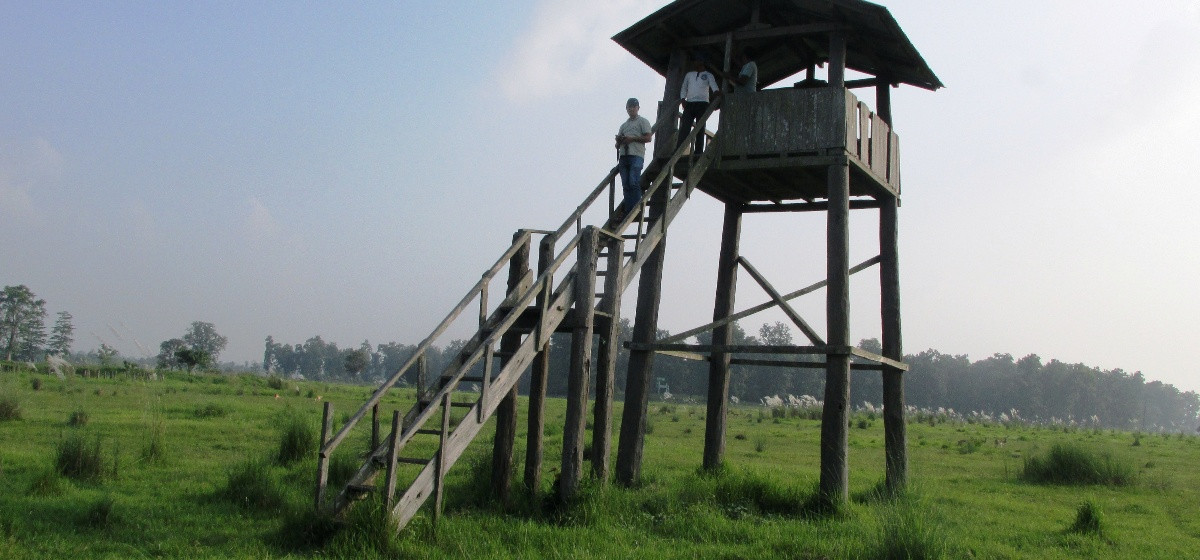
Comments:
Leave a Reply